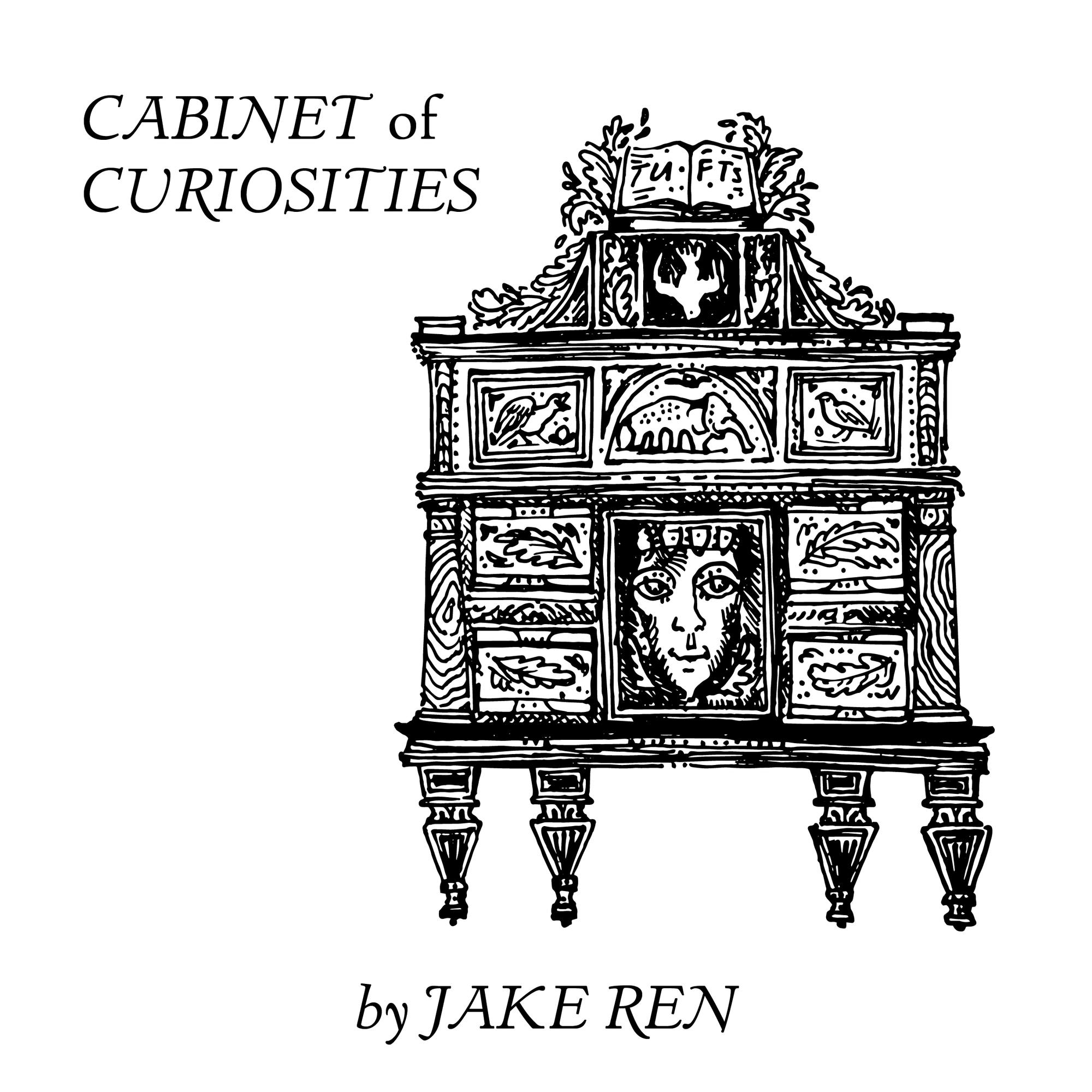I was loitering in my dorm one afternoon when I received the following text:
“Hi Amy, I’m Lena, are you still in NY? I will come to NY next month. Do you have time to go hiking together?”
I tried to remember if I’d left a fake alias of Amy anywhere, and when I couldn’t, I told her she had the wrong number. The conversation should’ve ended with whatever she’d say next, probably something short, but then came two cordially punctuated sentences.
“Oh, I’m very sorry, I checked the number and found that I saved the wrong number, I hope I didn’t cause you any inconvenience,” she wrote.
The Elizabethan tone struck me as wholesome, so I assured her there was no need to worry.
But then came four more sentences, in two parts:
“You were a kind soul and reminded me of the wrong number. In today’s society, kindness has become a luxury,” she wrote. “Amy is a friend I met on a hiking trip. Unfortunately, I misremembered her number and now I have lost contact with her.”
Reading that, I pictured a woman in her sixties texting all this with her screen on maximum brightness, sitting in a chair with a single black cat with glaucoma, thinking about how she would never see Amy again because she must’ve jotted down the wrong number at the end of that hiking trip.
I wasn’t sure how involved I should be, but I felt sad and I wanted to say something. So after drafting my response a couple of times, I texted back:
“Oh no :( Sorry to hear that.”
To which she responded:
“Thank you for your kind reminder. Others may scold me [crying laughing emoji].”
This time it truly felt like the end, so I put my phone in my pocket and headed to the mailroom.
On my way there, however, I received the following message from — as my Messages app now automatically labeled her — “Maybe Lena.”
“The wrong meeting is also a kind of fate. Maybe we can be friend? May I have your name?”
I should’ve given her a fake name, but it was cold and I was walking alone, and I didn’t feel like lying. She said that Jake’s a nice name, that she knew a Jake when she was studying finance in Hong Kong, and that he’s nice.
I told her I studied in China, to which she responded:
“Wow, that was many years ago, right?”
It took me a second, but I recognized that to be Elizabethan English for, “Wow, I’m not talking to some kid, right?”
I was afraid she wouldn’t be my friend anymore if I told the truth, so I said yes, but she interrogated further:
“May I know how old you are?”
I replied, “haha, I’m just a college student.”
“You are still in college now,” she said, without punctuation.
“Yes.”
The “Yes” remained there at the end of our conversation, unreceived, like an in-flight baseball during a game of catch where the opponent vanishes. The ball falls according to its original trajectory then drops, and just keeps rolling further and further away.
I stood in the mailroom waiting for another message from Maybe Lena. I went to lunch and waited there, too.
But eventually I had no excuses left, and I was left with the undeniable fact that our little game had come to an end.






